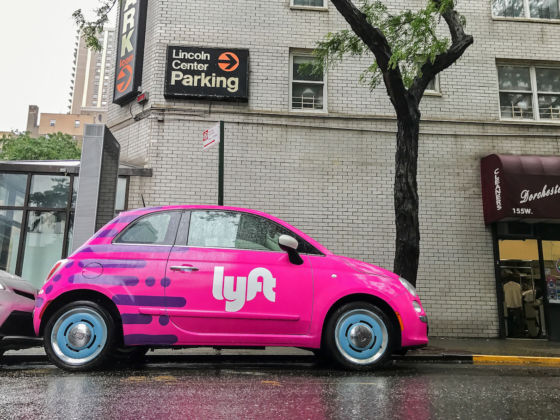If Lyft’s “ditch your car challenge” has its desired effect, personal car ownership could become a thing of the past. Lyft launched the challenge last month, offering 100 Chicago residents a $550 credit to give up their cars for a whole month. The credit could be applied to Lyft trips, bike- and car-sharing services, and public transit. The response was so positive that Lyft has decided to expand the challenge to 35 new cities, including New York, Boston, and San Francisco. (The full list is available here.) Phase two of the “ditch your car” challenge will kick off on October 8th, and Lyft is aiming to get at least 2,000 people signed up.


While the promotion may reek of a marketing gimmick, Lyft President John Zimmer insists that’s not the goal at all. In an interview with The Verge, he said the challenge is part of an effort to reduce American dependence on personal vehicles and relieve some of the congestion that plagues major cities. “By making it a movement,” he said, “by making it an event, people are like, ‘Oh, let me try this experiment.’ Then they realize, ‘Wow, I get all this time back. I’m actually saving money. I’m more relaxed.’” With the $550 financial incentive, Lyft is hoping to hammer home the cost-effectiveness of ride sharing.
In the interest of saving money and reducing gridlock, Lyft has previously called for US families to sell their second cars and explore ride-sharing options. However, there is some debate about whether ride-sharing companies are helping city traffic or making it worse. A recent study by transportation expert Bruce Schaller reported that companies like Uber and Lyft have actually added 5.7 billion miles of driving in the nation’s largest cities. Similarly, a study by UC Davis, released in October, found that 49-61% of ride-sharing trips could easily be made by walking, biking, or public transit.
Zimmer argues that Lyft is part of the solution, not the problem, but some cities have already passed laws to limit the number of ride-hailing vehicles on the streets. So you might want to take advantage of that $550 credit before your city makes Lyft scarce.
H/T: The Verge